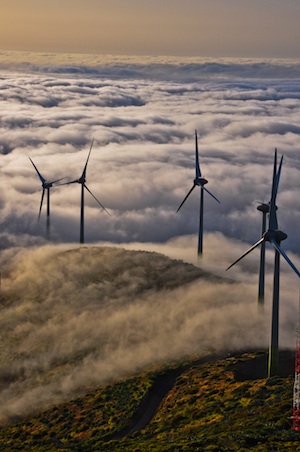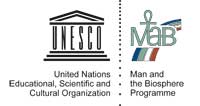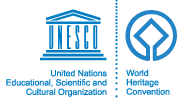Renewable Energy Futures for UNESCO Sites
Looking ahead: what outcomes can we expect?
RENFORUS is designed as an initiative that will consolidate a lasting commitment to renewable energies. UNESCO sites face the combined challenge and opportunity of transforming existing energy services, and they have the opportunity to adopt energy efficiency practices and renewable energy solutions from local decisions. These three objectives reinforce each other in many instances, and achieving the three together will power opportunity, maximize development benefits and help stabilize climate change.
The following represents the main expected outcome:
- Demonstrate a positive contribution to energy efficiency and the use of renewable energy in UNESCO sites.
- Facilitate knowledge exchange, policy development and joint action for a rapid transition to renewable energy.
- Reduction of environmental and ecological degradation produced by the use of conventional energy sources in UNESCO sites through the use of renewable energy sources.
- Promotion of the use of environmentally sound renewable energy sources in UNESCO sites to serve as observatories for climate change mitigation and models to be replicated.
- Empowerment of local communities through renewable energy development and capacity building.
- Identification of suitable good practices for the use of renewable energy solutions in UNESCO sites.
- Promotion of co-operation among UNESCO sites at international level, particularly in the areas of education and training, information and exchange of knowledge and best-practices.
- Effective use of the World Network of Biosphere Reserves as demonstration sites for the potential of renewable energies, exploiting their capacity for network cooperation.
- Broadest possible dissemination of RE applications in UNESCO sites by taking advantage of their implementation in the selected sites.
Establishment of priorities in renewable energy matters for UNESCO sites. - Involvement of local and regional authorities voluntarily committing to increasing energy efficiency and the use of renewable energy sources on their UNESCO sites.
- Improvement of energy efficiency at all levels with a view to doubling the rate of improvement by 2030 and by at least doubling the share of renewable energy in the mix by 2030 in UNESCO sites by promoting the development and use of renewable energy sources and technologies.

















